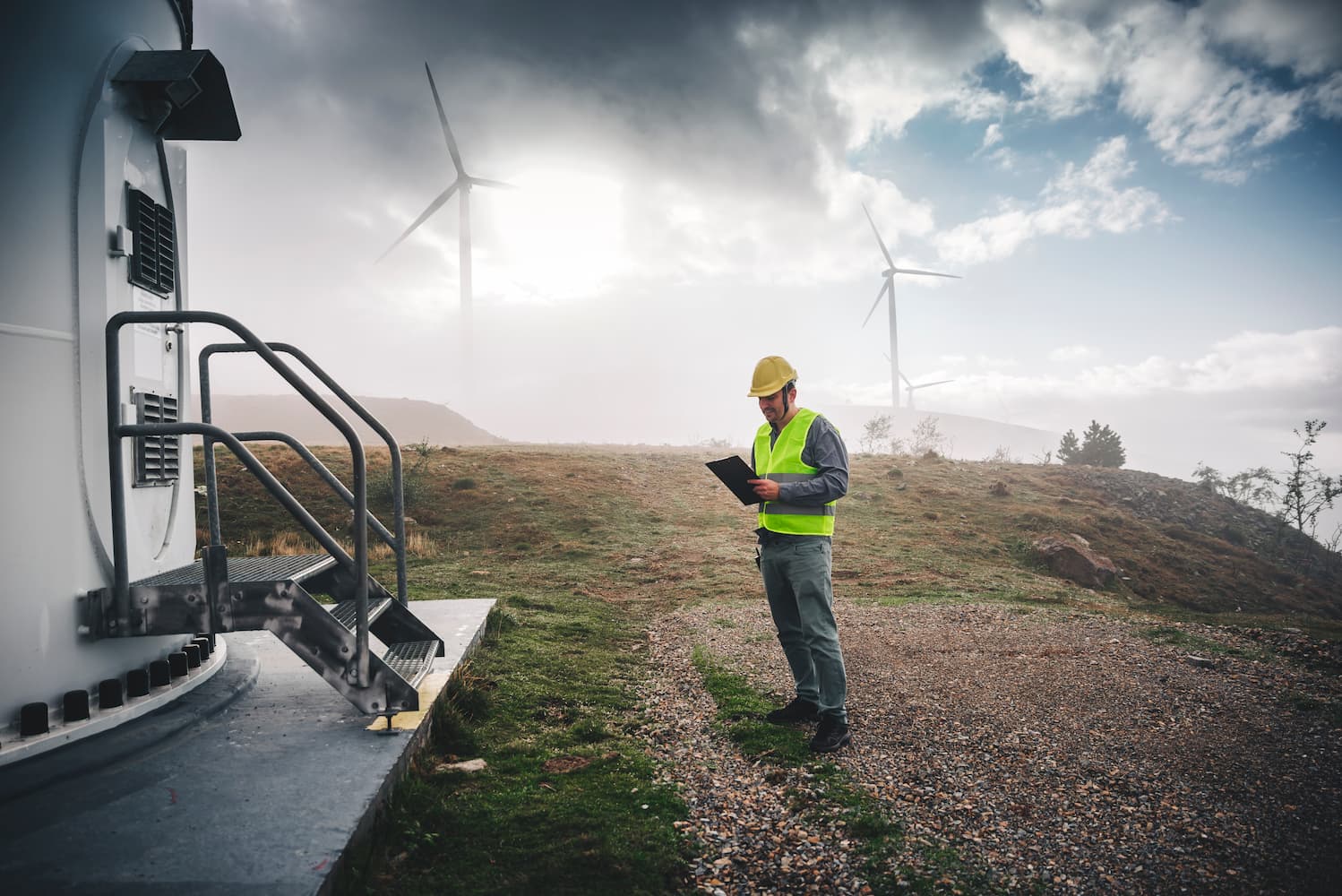Ready to tackle environmental challenges and drive sustainable solutions? As an environmental engineer, you'll collect and analyse crucial data, design waste management systems, and safeguard water, air, and land quality. Your expertise will shape a cleaner, healthier planet by reducing pollution and promoting responsible practices.
What is environmental engineering?
Environmental Engineers, also called Environmental Engineering Specialists, apply science to improve public health, reduce pollution, and eliminate hazards. They collect data, assess land, design waste systems, and develop innovative solutions for issues like pollution, recycling, and water quality. Working in consulting agencies and public works, they manage waste, ensure water and air safety, and design controls for hazardous materials. Environmental engineers create a healthier environment through problem-solving and sustainable practices.
Environmental engineer responsibilities
Environmental engineers play a critical role in assessing and managing the environmental impact of projects. They conduct assessments, test environmental quality, design waste management systems, and collaborate with stakeholders to ensure compliance with regulations. Here are some key responsibilities of environmental engineers:
- Conduct land assessments for construction sites
- Test soil, water, and air quality
- Design innovative waste management systems
- Reclaim and dispose of contaminants
- Find solutions for site clean-up
- Evaluate and improve current systems
- Collect and analyse environmental data
- Develop guidelines for hazardous material disposal
- Ensure compliance with waste regulations
- Design technology for pollution control
- Collaborate on pollution control and waste treatment planning
- Manage and oversee environmental protection projects
- Advise on contamination reduction and containment
- Inspect industrial facilities for compliance
- Stay up to date with industry innovations and regulations
These responsibilities demonstrate the importance of environmental engineers in protecting the environment and promoting sustainability.
Environmental engineer qualifications
Becoming an environmental engineer requires a combination of education, skills, and practical experience. Here is an overview of what it takes to embark on a career as an environmental engineer in Australia.
Education
To become an environmental engineer, you need an undergraduate degree in engineering with a major in environmental engineering or civil engineering. Some universities offer Bachelor of Environmental Engineering, while others provide a Bachelor of Engineering program with an emphasis on environmental engineering. Besides, consider pursuing further postgraduate education, which can help you gain more knowledge and qualifications in the field. The Master of Engineering program is an excellent option for those looking to develop their professional experience further.
Skills
Becoming a competent environmental engineer requires several skills and attributes. Here are some of the critical skills that an environmental engineer needs:
- Problem-solving skills to find solutions for environmental issues such as waste disposal and hazardous water.
- Interpersonal skills to collaborate with various entities for the betterment of the community.
- Good analytical mindset and excellent problem-solving skills to identify, analyse and assess problems and proposed solutions.
- Strong written communication and proficiency in technical report writing skills to communicate effectively with stakeholders, other environmental scientists, and policymakers.
- Strong engineering background and knowledge to understand the ecological and biological complex processes.
- Planning and organisational skills to help implement complete projects within time and budget.
- Excellent field skills, including data collection, sampling, and interpretation, and other observation and testing methods.
- Interest and passion for the environment, and dedication to protecting it.
